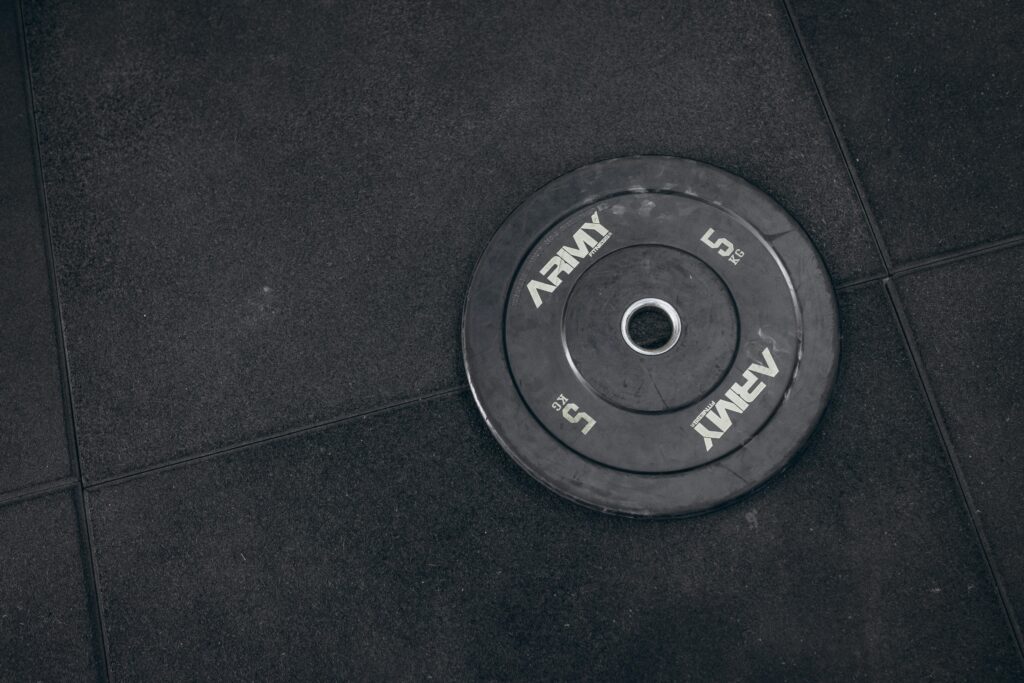Rubber flooring is widely used in both residential and commercial spaces due to its durability, safety features, and versatility. It’s essential to understand the advantages and disadvantages of this material to decide whether it fits your needs. What Are The Pros And Cons Of Rubber Flooring? This article will explore its benefits and drawbacks, helping you make an informed choice.

Durability and Longevity
One of the primary reasons people choose rubber flooring is its durability. What Are The Pros And Cons Of Rubber Flooring? Let’s look at the pros first. Rubber is incredibly strong and resistant to wear and tear, making it ideal for high-traffic areas like gyms, schools, and healthcare facilities. Its resilience allows it to withstand heavy foot traffic and equipment without showing signs of damage for many years. However, over time, it may show some wear, especially in areas that are subjected to high pressure or friction.
The cons of rubber flooring in terms of durability come when it’s exposed to harsh chemicals or extreme temperatures. Prolonged exposure to substances like oil or solvents can degrade the rubber, leading to cracks or discoloration. Additionally, rubber can be affected by prolonged exposure to direct sunlight, which can cause fading or brittleness over time.
Comfort and Safety
When discussing What Are The Pros And Cons Of Rubber Flooring, comfort and safety are two key points. Rubber flooring provides a soft and cushioned surface, which is beneficial for people who stand or walk for extended periods. This feature is why rubber is often used in places where comfort is important, such as fitness centers or hospitals. The cushioning effect reduces the risk of injury due to slips and falls, providing a safer environment.
On the downside, while rubber flooring is soft, it may not be the best choice for certain environments where a firmer surface is needed for tasks like precision work or high-heeled footwear. It can also be slightly slippery when wet, posing a risk if not installed with appropriate traction.
Ease of Maintenance
Maintenance is a significant consideration when choosing flooring. What Are The Pros And Cons Of Rubber Flooring? The pros of rubber flooring in this area are clear. It’s relatively easy to maintain. A simple sweeping and occasional mopping with a mild cleaning solution is often sufficient to keep it looking fresh. Since rubber is non-porous, it resists stains and moisture, making it an excellent choice for areas prone to spills, such as kitchens or laundry rooms.
However, rubber flooring can be challenging to clean if not maintained properly. Dust, dirt, and debris can accumulate in the grooves, requiring more thorough cleaning. Additionally, certain cleaning products or harsh chemicals can cause rubber to break down over time.
Aesthetic Appeal
When you think about the visual appeal of a space, rubber flooring can be a surprising contender. What Are The Pros And Cons Of Rubber Flooring? The pros of rubber flooring in terms of aesthetics are the variety of colors, patterns, and textures available. Rubber flooring can mimic the appearance of wood, tile, or stone, and it can be customized to fit different styles and preferences. This flexibility makes it an attractive option for both commercial and residential settings.
The cons, however, are that rubber flooring may not offer the same level of luxury or elegance as other materials such as hardwood or marble. Some people may find its appearance less refined, particularly in high-end residential spaces.
Environmental Impact and Sustainability
As sustainability becomes a crucial factor in modern construction and design, the environmental impact of materials plays a significant role. What Are The Pros And Cons Of Rubber Flooring? The pros of rubber flooring here are its potential for sustainability. Many rubber flooring options are made from recycled materials, such as old tires, making them a more eco-friendly choice compared to other flooring options. Additionally, rubber is a long-lasting material, reducing the need for frequent replacements.
On the flip side, some rubber products may not be entirely free of synthetic additives or harmful chemicals, which can pose environmental concerns if not properly disposed of. Furthermore, while rubber is durable, it is not biodegradable, meaning it may contribute to landfill waste at the end of its life.
Noise Reduction and Acoustic Benefits
For those living or working in noisy environments, rubber flooring offers excellent noise reduction properties. What Are The Pros And Cons Of Rubber Flooring? The pros include its ability to absorb sound, which makes it a great option for sound-sensitive areas such as libraries, offices, or playrooms. The cushioning effect of rubber also helps reduce noise from footsteps and dropped objects, providing a quieter environment.
The cons of rubber flooring in terms of acoustics are minimal but worth mentioning. In very large spaces, such as factories or warehouses, the sound reduction might not be sufficient if the flooring is not adequately installed or if the space is too vast.
Cost-Effectiveness
Cost is always a factor when making decisions about flooring materials. What Are The Pros And Cons Of Rubber Flooring? Rubber flooring is generally affordable, especially considering its long-term durability. While the initial cost of rubber flooring may be slightly higher than alternatives like vinyl or carpet, its longevity can save money in the long run because it doesn’t need to be replaced as frequently. Additionally, its low-maintenance nature means fewer costs associated with cleaning and upkeep.
However, the cons of rubber flooring in terms of cost are that high-quality rubber options can still be more expensive than some other materials. Installation costs might also be higher due to the need for specialized labor or adhesives, which can add to the overall expense.
Conclusion
In conclusion, What Are The Pros And Cons Of Rubber Flooring? Rubber flooring offers many advantages, including durability, comfort, safety, and ease of maintenance. It is an environmentally friendly choice that provides sound insulation and is cost-effective in the long run. However, it does come with some drawbacks, such as susceptibility to harsh chemicals, potential slipperiness, and a less refined appearance compared to other flooring materials. By weighing the pros and cons, you can make an informed decision about whether rubber flooring is the right choice for your space.









